I lay in my bed, paralyzed by my memories. One moment flashes repeatedly in my brain. That one interaction haunts me.
Why did they say that?
Why didn’t I say anything?
Why do I care?
Why did I go back?
Those words echo through my brain as I toss and turn in my bed. One moment replays through my mind. That moment defined my entire day and instantly knocked me off my center, leaving me in shambles.
In an instant I am filled with regret and no longer feel like I am in my own body. I exist outside of myself, trapped within my own spiraling mind and filled with emptiness in the pitch black darkness of my room as I plead with myself for sleep.
On the surface, this may seem rather extreme, a portrayal of someone who cares too much about society’s opinion of them or who reads beyond the lines of a simple interaction. But as time goes on, I’ve realized that it is much more than that.
Through many long years of self-reflection and a heck of a therapist, I have come to realize my constant obsessions and overthinking have a motive – they are not a standalone problem as I had previously thought.
I slowly began to realize that I’ve lived most of my life in constant chaos. By the time I was 5, I was surrounded by instability. The constant drama in my personal relationships and surroundings began to shape me and now I have subconsciously learned to function within it. So, what happens when the chaos finally stops?
Withdrawal.
Addiction is defined as being physically and mentally dependent on something, and that is exactly how I would characterize what I have felt.
As time went on I began to feel miserable in my relationships. Surrounded by toxic people slowly destroyed my peace of mind. I eventually found my way out of those relationships, but contrary to what I was constantly being told, I did not feel any better. I had become dependent on the instability of it all, and I didn’t know how to live without it.
I could not feel joy or excitement in my healthier relationships, constantly becoming bored and losing interest. Over the years this manifested in me subconsciously seeking out people that were unhealthy for me, people that I knew could create chaos in my life. Eventually, this became a repetitive cycle of worry, profound sadness and boredom that still carries on to this day.
After being in therapy for a year and having to do a lot of hard work on myself, my therapist told me that I had an addiction to instability.
An addiction to instability can express itself in many ways and behaviors, but it is defined by having grown up with constant stress, chaos and emotional abandonment. Throughout the different stages of life this creates a subconscious pattern in the way our brain processes relationships and interactions, leading to repetitive cycles.
Over time I’ve learned that craving instability is a common phenomenon, but people either don’t have the tools to realize that they deal with it or don’t know there is a name for it. Children of alcoholics, for example, reach adulthood and look to create relationships that are unstable so they can be the ‘fixer.’ It’s the same scenario for many teens, but on a high school level.
Breaking these patterns requires self-reflection and the willingness to let go of a way of life you have known for something you perceive as less exciting.
To me, it felt like I was settling. I was constantly told ‘you will feel a different kind of happiness’ making me question whether or not what I would feel could be as fulfilling as the chaos was.
Years later, I still deeply crave the chaos and old patterns die hard with me, but I make a conscious effort to no longer seek it out. I am now aware of the things that I contributed to relationships that made them so chaotic, even if they seemed harmless at the time.
While my recovery is nowhere near its end, I have hope for the day I no longer choose to care about how I am perceived, which has motivated my need for chaos in the past.
Identifying why you behave in a certain way is the most important thing you can do. Once you do that, you are no longer shackled by the fears and insecurities that held you back.
I no longer feel the thoughts run rampant in my mind, they flow like a river with a calm and collected ease. I have a sense of control over my life and it doesn’t feel as miserable as I thought it would, I have learned to love it.
It’s been 16 long years, but I have finally learned why I went back. And I promise you, dear reader, I never will again.
Follow Nyah (@nyah_rama) and @CHSCampusNews on X.




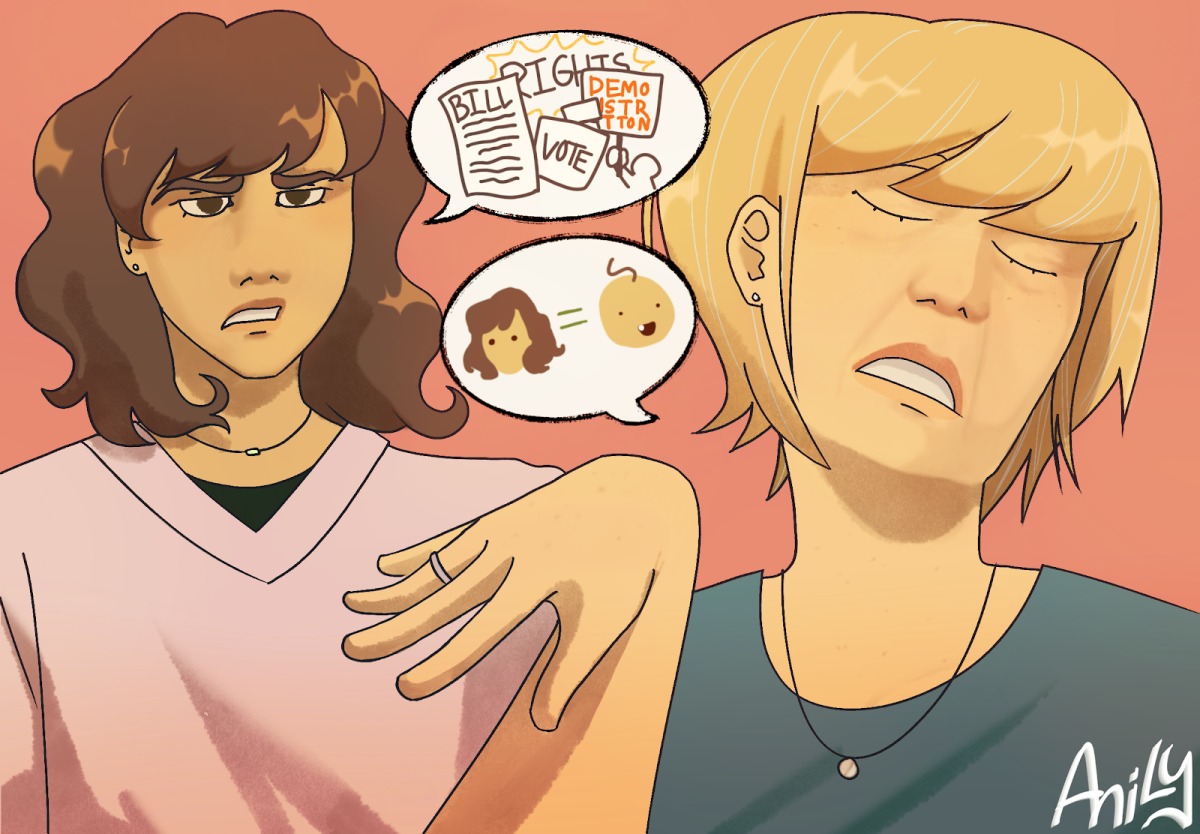
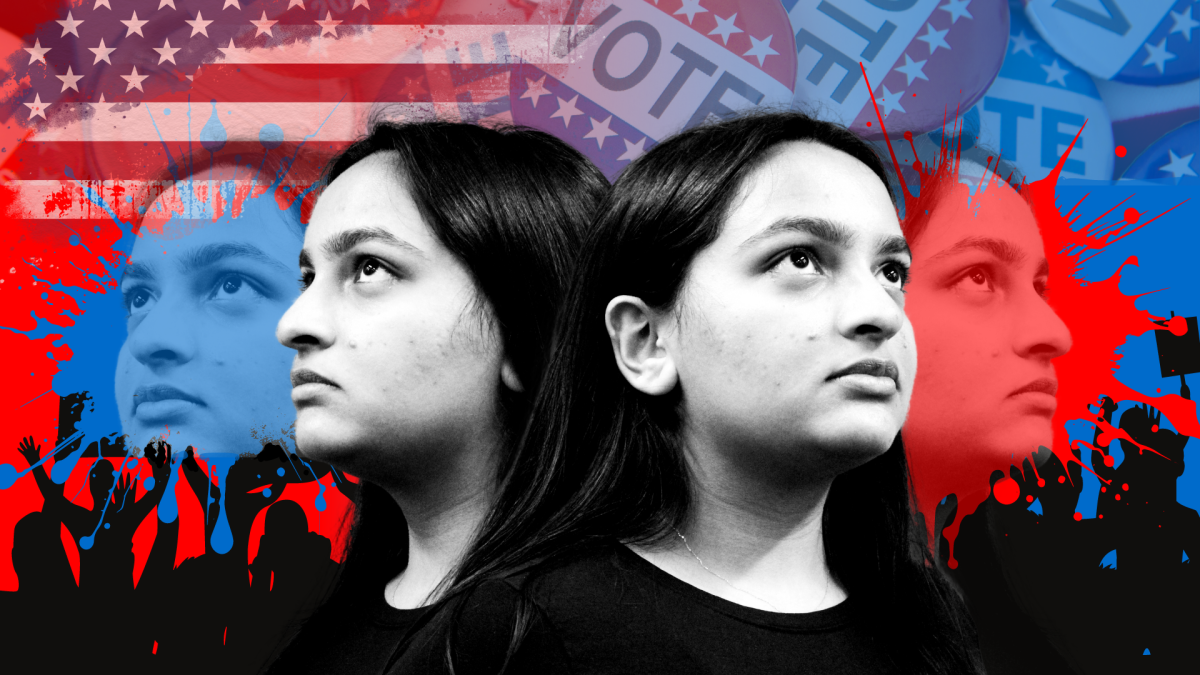
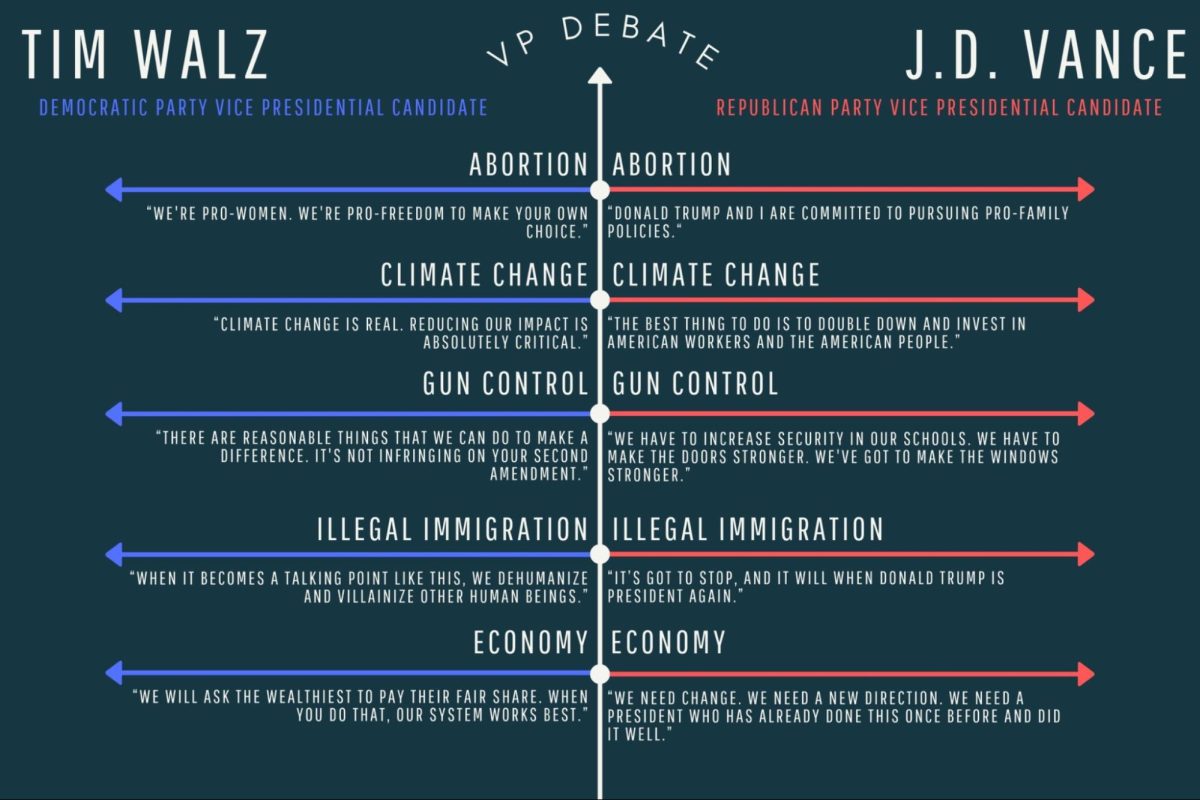

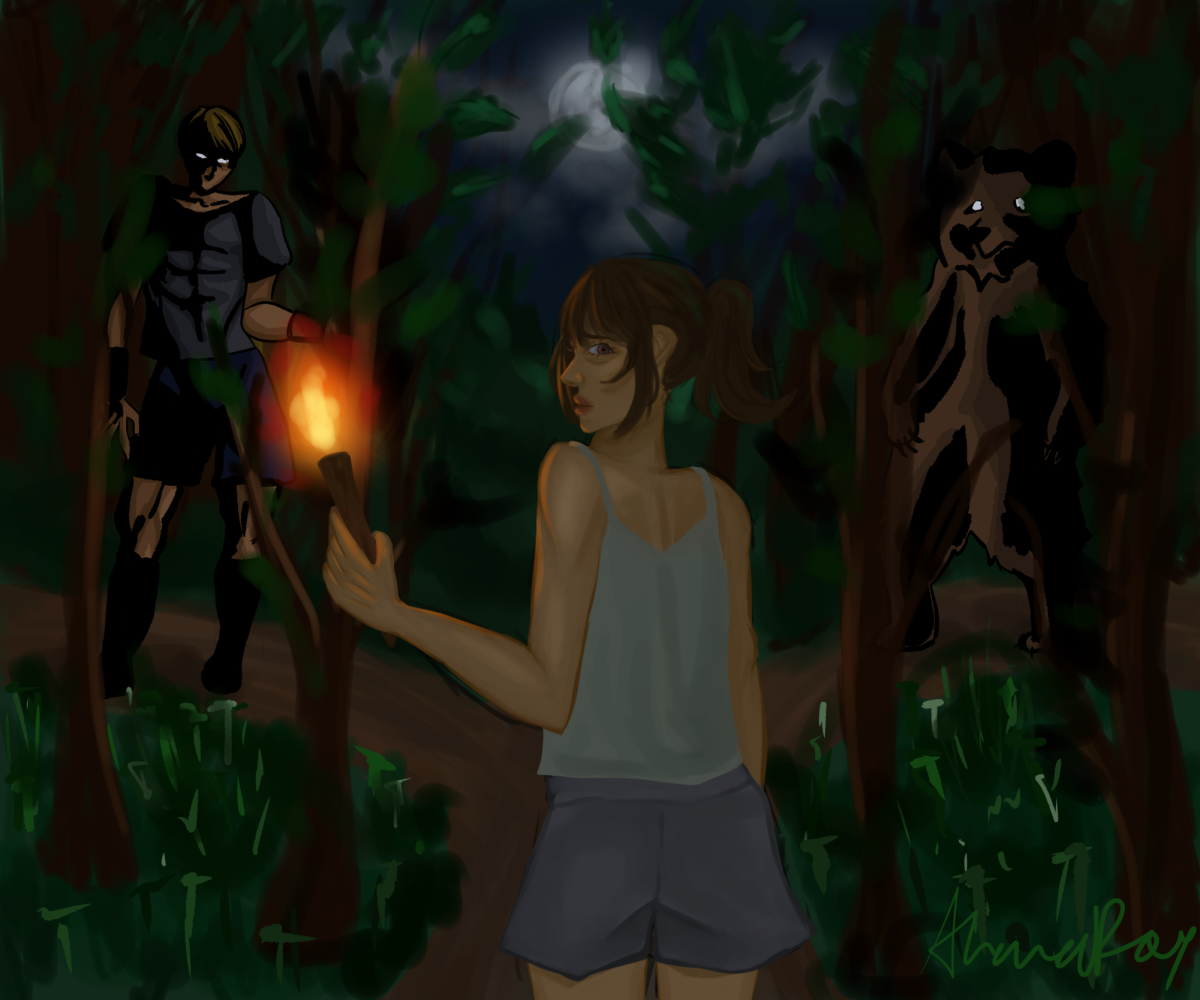
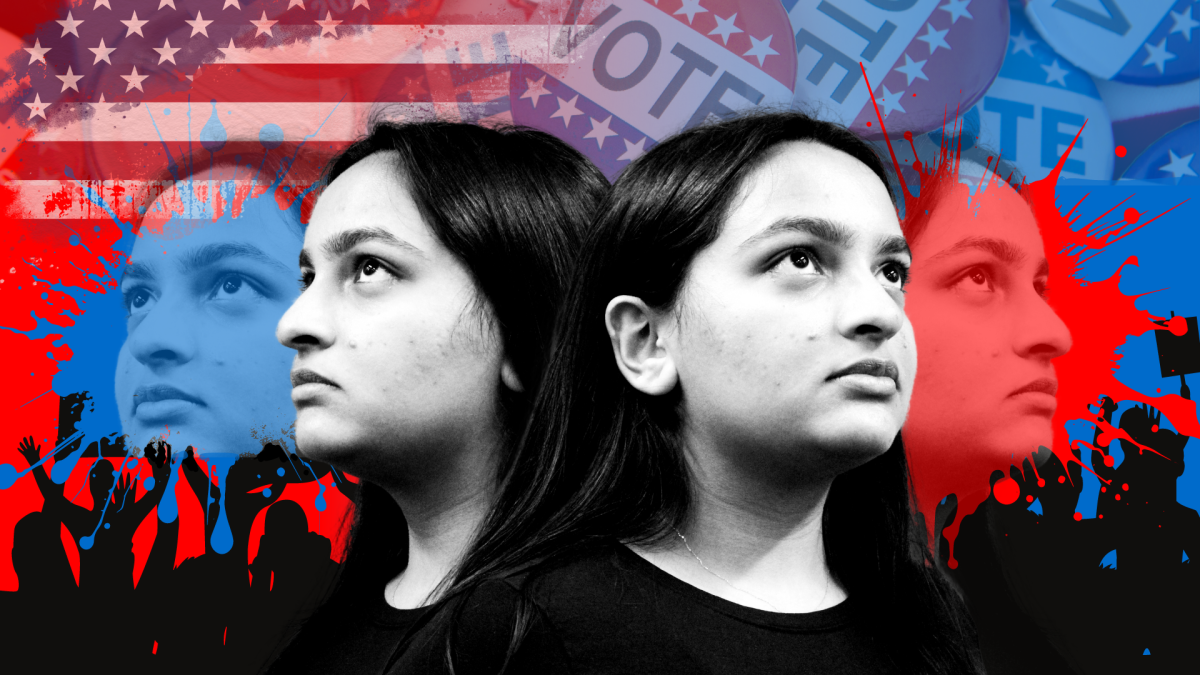
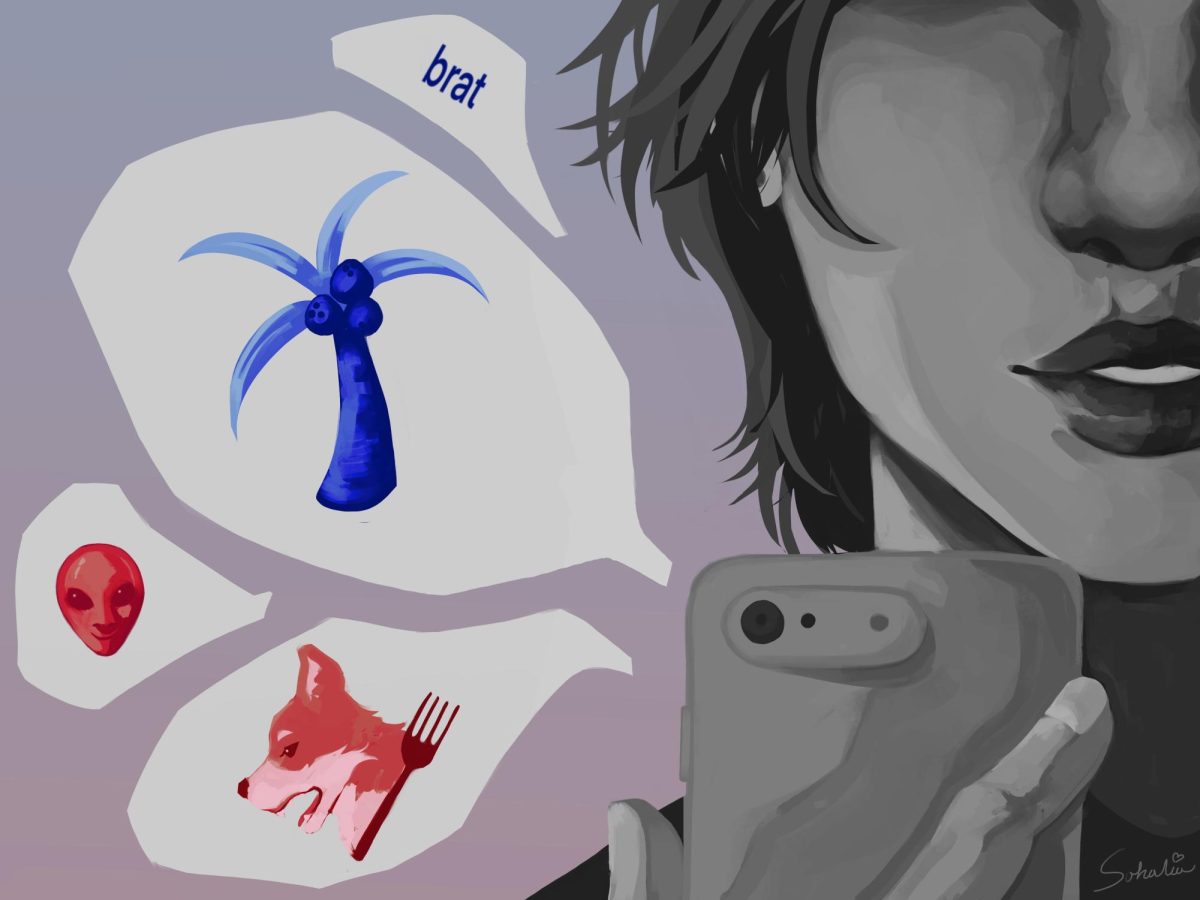

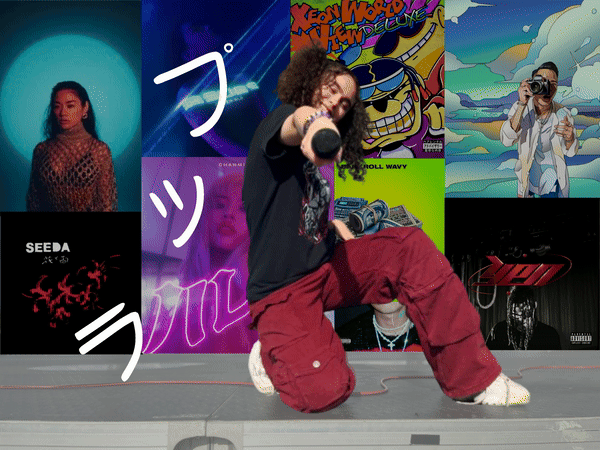

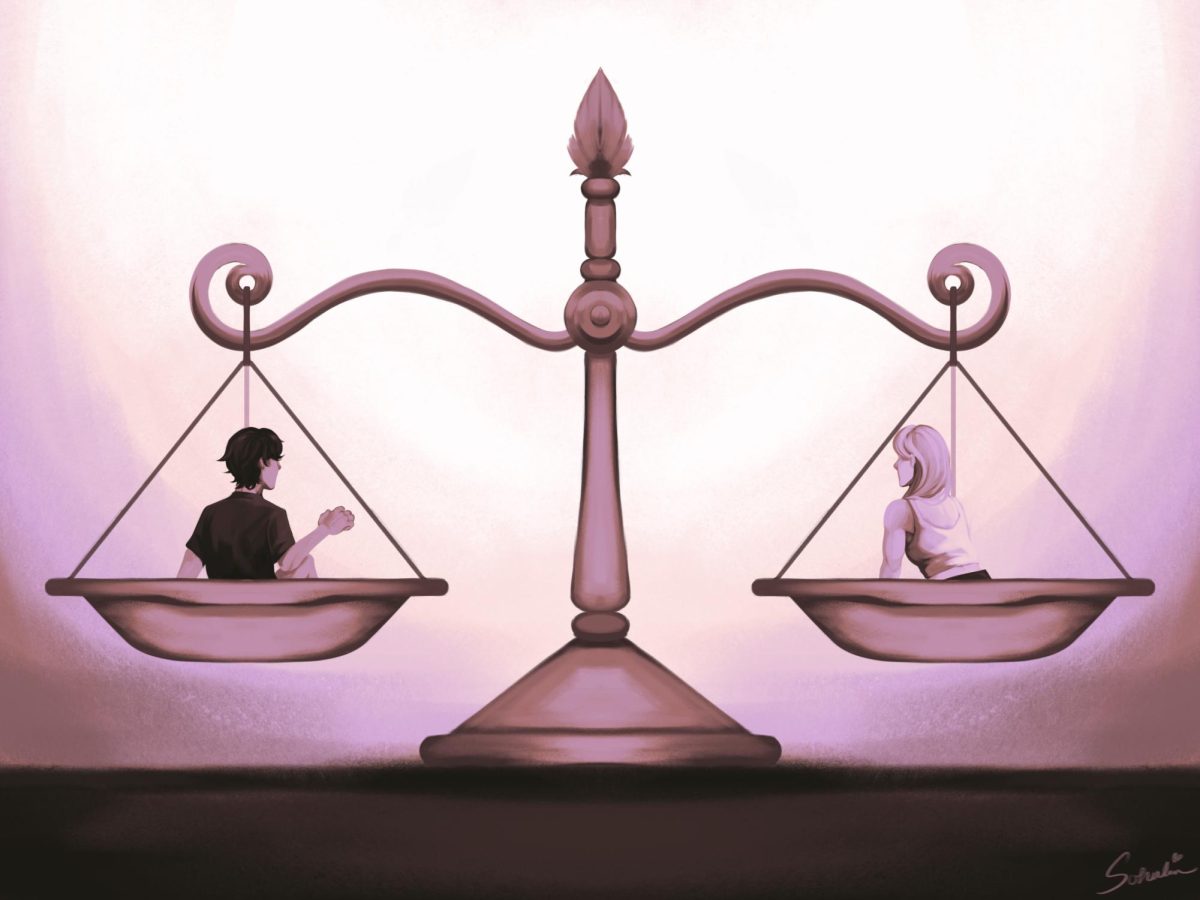

Anvita Bondada • Feb 16, 2024 at 7:58 am
This was so beautifully written! Amazing job Nyah!